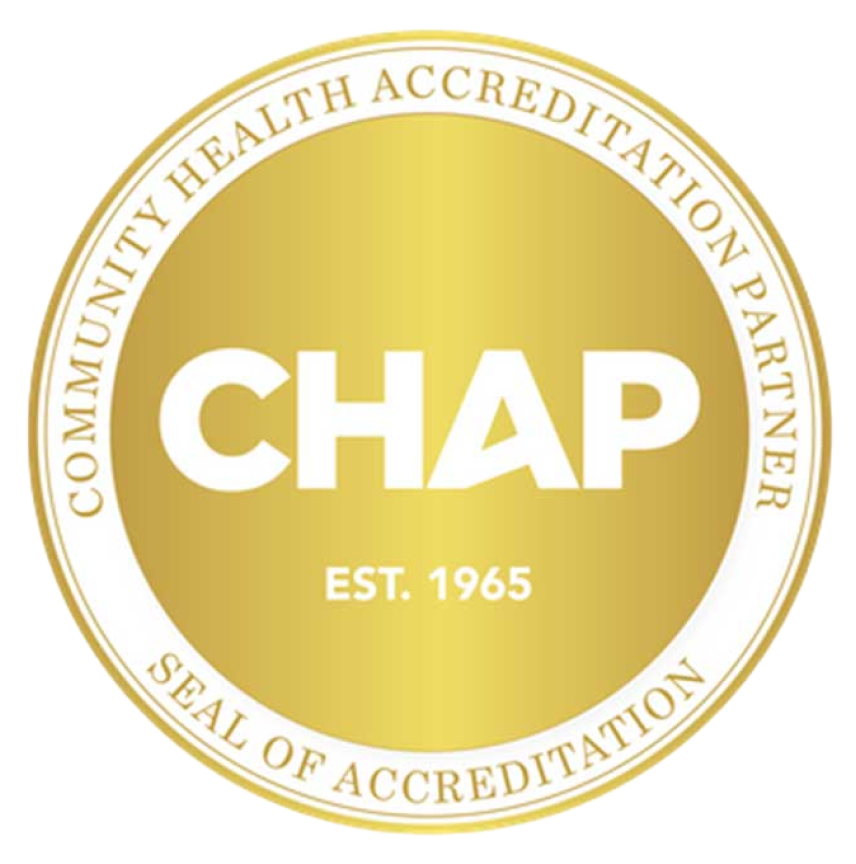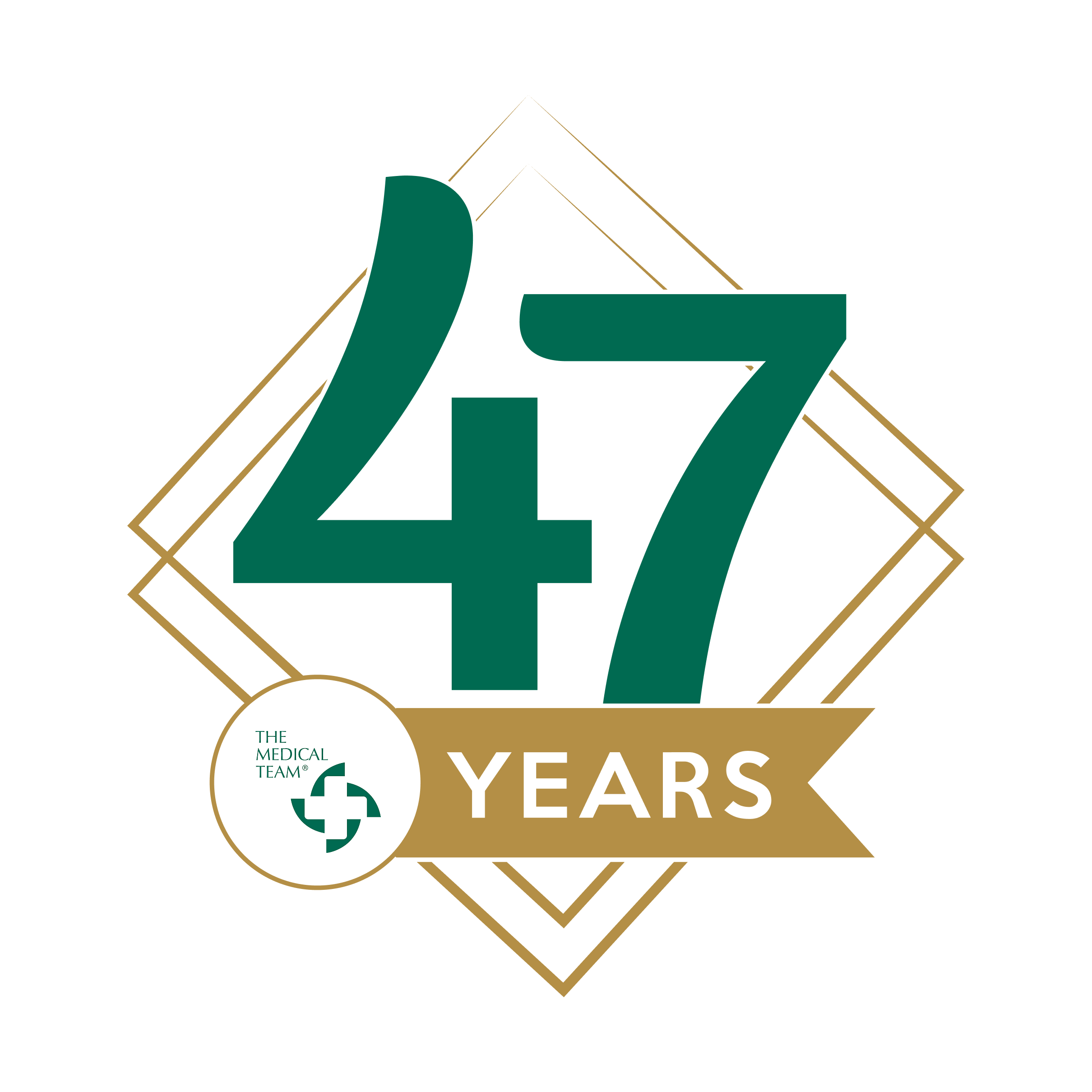According to the CDC, as many as 795,000 people in the U.S. experience a stroke. It’s especially prevalent in older adults, and a third of those impacted by stroke also have one or more of the conditions or habits that put them more at risk: obesity, high blood pressure or cholesterol, smoking, or diabetes.
Recovering from a stroke takes time, and can include a variety of effects that need managing:
Physical Effects: Weakness, numbness, stiffness, trouble swallowing, fatigue, incontinence, sleep difficulties, and more.
Emotional Effects: Depression, frustration, anxiety, fear, hopelessness, anger, and more.
Cognitive Effects: Memory loss, vascular dementia, and more.
One particular challenge that impacts as many as a third of all stroke survivors is aphasia: defined by the American Heart Association as “a language disorder impacting a person’s ability to communicate.” Aphasia can quickly become overwhelming for both stroke survivors and their loved ones, but there are some steps that can be taken to more effectively communicate.
For Caregivers:
- Remove or turn off all distractions, such as the TV and radio.
- Use simple, short sentences, or try alternate communication methods such as writing, drawing pictures, and gesturing.
- Remain patient, and allow plenty of time for the person to respond, making a point not to answer for the person.
For Stroke Survivors:
- Allow yourself the time needed to respond, and be patient with yourself.
- Try assistive devices, and let others know your communication preferences.
- Admit your struggles and understand that it’s ok to feel frustrated, and that help is available.
If communication struggles become overwhelming, be sure to let the physician know, as a doctor can help a patient to prevent or seek help for depression. A licensed speech therapist can also help those with aphasia maximize communication skills and can recommend work-around solutions for each person’s particular challenges.
For professional in-home care services to improve quality of life post-stroke, including highly skilled, specialized catastrophic care and rehabilitation, call on THE MEDICAL TEAM. Our services are customized to each person’s individual needs, and are available throughout New Orleans, Detroit, Austin, Dallas, and the metro DC area, and provided where it’s most comfortable – at home. Contact us any time to let us know how we can help!



